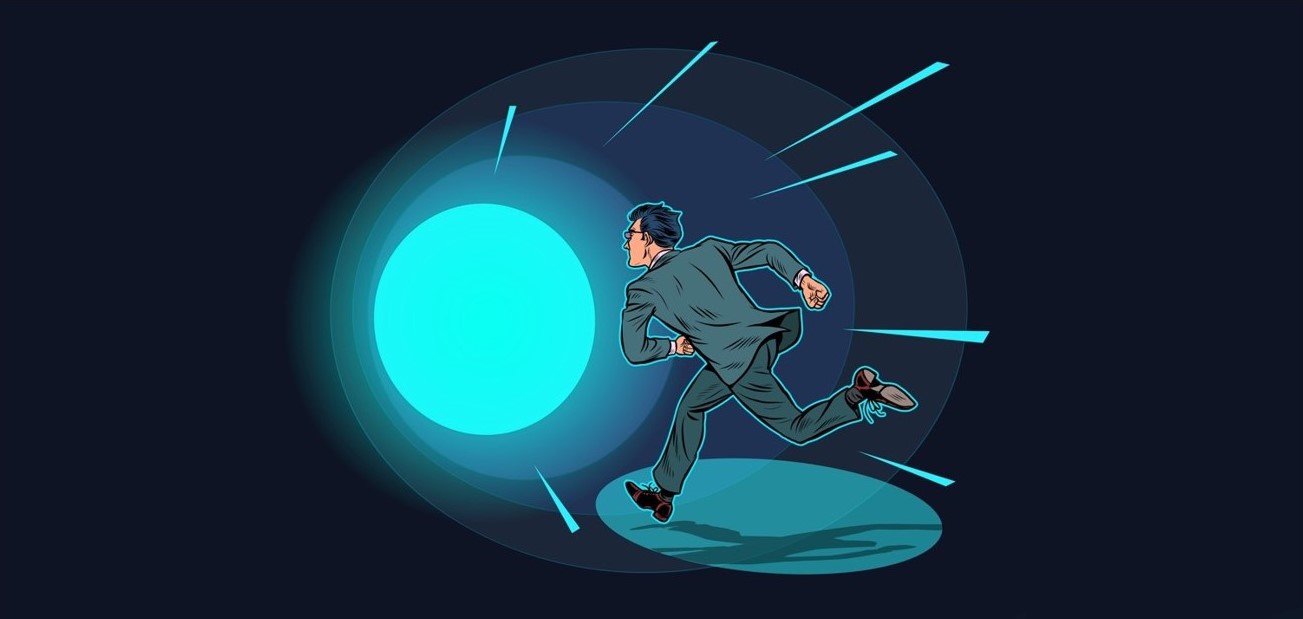Hong Kong, 23 February 2022: A net total of 20,163 people left Hong Kong last week, according to Webb-site.com, the free database of this city’s people and organisations which is drawn together from publicly available information. It marks an escalation of the exodus which has been ongoing since the 2019 protests and the primary reason is obvious: our out-of-control Covid-19 outbreak.
Health authorities reported 6,211 new cases and 39 more related fatalities yesterday. This latest and most severe outbreak has seen daily infections increase 64-fold since the start of February and now accounts for 80% of Hong Kong’s total 66,574 infections since the beginning of the pandemic.
Leaving Hong Kong is hardly easy. There are flight bans on nine countries – UK, Australia, US, Canada, France, India, Pakistan, Nepal and the Philippines – and many other routes are routinely cancelled. Shipping costs can be exorbitant. Yet, clearly, some citizens are determined to go. This trend seems certain to continue in the coming days, especially after Chief Executive Carrie Lam’s press conference yesterday to announce CUT (compulsory universal testing) and a raft of other strict pandemic control measures which will drastically affect life in this city for the next two months. In summary:
- All citizens will undergo three mandatory tests in March
- Residents who refuse to cooperate will face penalties, including fines
- Anyone testing positive will be sent to an isolation facility
Under the CUT process, all Hong Kong’s 7.45 million residents (myself included) – tracked through our ID cards and required to book in advance – can expect to be tested every five to seven days. Between these screenings, we must do our own daily rapid tests. With the support of hundreds of hastily imported mainland medical experts and workers, who will carry out testing and set up large-scale laboratories, our government plans to conduct one million tests per day. Other teams from the mainland will help build more isolation facilities on pockets of public and private land dotted around the territory, while further units will be provided via public housing estates and hotels. The idea is to have 50,000 isolation units on hand in the coming months.
Carrie also delivered other cheery news: strict social distancing measures (including the two-person cap on public gatherings), the closure of most public venues and aforesaid flight bans will continue until at least 20 April. So will the ban on evening dine-in services at restaurants, and those which have until now been allowed to host four guests per table must fall in line with the rest and limit it to two. Today, it has emerged that even the luxury of hiking and exercising outdoors without a mask is being taken away from us. Oh, and the school summer holidays have been brought forward to March-April.
Amid this breathless imposition of forced behaviour and curtailment of liberties, Carrie’s press conference last Friday evening at which she announced an unprecedented postponement of the Chief Executive election from 27 March to 8 May, so her administration can concentrate on dealing with the public health emergency, has been almost forgotten.
This week’s flurry of activity comes days after pointed remarks from a distinctly unimpressed President Xi Jinping. While offering the mainland’s support, he told Hong Kong officials they must take the “main responsibility” in stabilising the Omicron-fuelled outbreak, calling it an “overriding priority”. His statement – seen in some quarters as a stern rebuke for the Chief Executive – has clearly had an immediate effect.
China’s leader commented amid scenes of utter chaos as our officials – their breathtaking lack of contingency planning and preparation laid bare – were left powerless in the face of this wave of infections which, let’s be clear, we all knew was coming. Public hospitals full to brimming, scores of elderly patients lined up outside on stretchers, nursing staff stretched and exhausted, thousands of residents queuing for hours at overwhelmed testing stations (and waiting 10-12 days for their results). It did not show our city in a favourable light.
So, where does all this leave us? While there is general consensus that widespread testing is good, opinion is divided on the merits – not to mention the mind-boggling logistics – of sending positive cases into isolation facilities, no matter their level of illness. Dr David Owens feels we have chosen “performance over substance” and has voiced his concerns that the measures are insufficient to protect the health system and our most vulnerable citizens. He believes the infection rate could be 1-2% of the population, ie between 75,000 and 150,000 people. Where will we isolate all these people? Likewise, Professor Ben Cowling highlights the impending strain on our public hospitals, especially with regard to ICU beds. David and Ben, of course, are familiar to many via their regular podcasts. Their latest episode, recorded last week, marks a departure from their usual format as they answer questions submitted by listeners. Please tune in.
Amid the deluge of information and statistics, what our health authorities don’t tell us is how many of the new cases are severe. The answer, of course, is relatively few. Most patients are asymptomatic or mildly ill. Yours truly will line up for his mandatory test expecting to be negative and even more confident that, should it turn out otherwise, Carrie & Co will not have a spare isolation unit for him. This is one resident who refuses to CUT and run.
Stay safe and well, everybody!
Colin Cohen
Senior Partner
Boase Cohen & Collins



